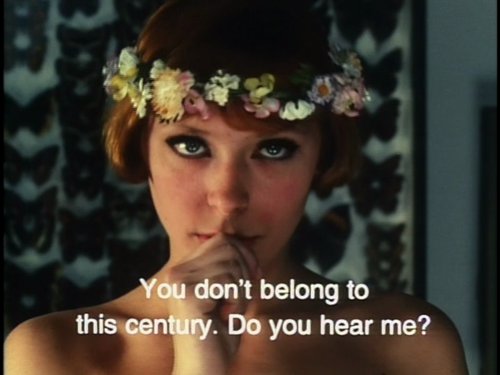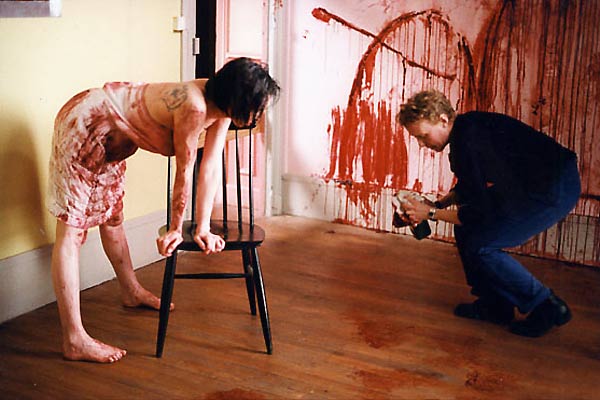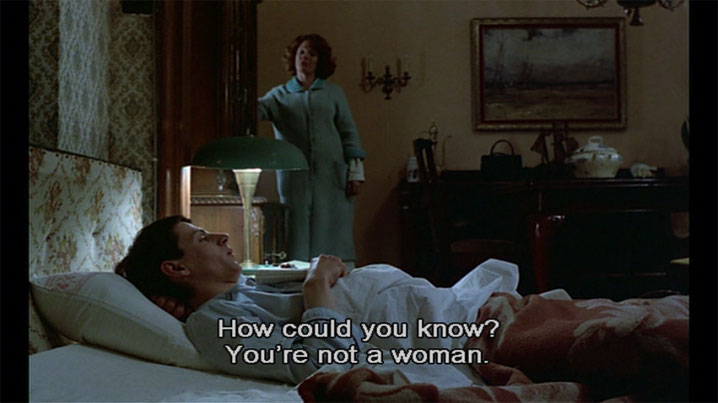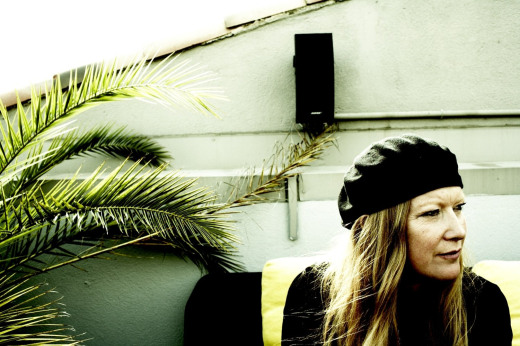
Of the top 250 domestic films in 2012, 9% were directed by women. The glaring under-representation of women in film directing has always bothered and perplexed me, so in honor of Women's History Month I'll write about it. I can't think of any other area of popular culture where women are still quite so marginalized (it reminds me of the dismal stats on female CEOs, another area where people seem hesitant to have women in charge). Only one woman has won an Oscar for Best Director (Katherine Bigelow), while no women of color have even been nominated for the award, and only one woman has won the Palm d’Or at Cannes (Jane Campion). Women are less likely to get financing for their films than men and the Oscar Academy is 77% male. The examples of this insanity go on and on, with all sorts of assumptions as to why (men tend to direct the money-makers while women go indie and/or tell "girly" stories that appeal to less people, etc.). Never mind that these assumptions contain an infuriating sexism and chicken-egg logic that could keep us here for days. The good news is film schools currently boast a 50% female student body, women have won Best Director at Sundance the past two years in a row and, in 2012, Ava DuVernay was the first African-American woman to win for her film Middle of Nowhere. Both The Atlantic and The New York Times think some improvements on this gender inequity are in the works. Women, after all, have made some of my absolute favorite movies, films that not only impacted me but are profoundly influential on a larger scale as well. Here's just a small glimpse at some female directors, past and present.
Vera Chytilová

Vera Chytilová was the sole female member of the Czech New Wave and her 1966 movie Sedmikrásky (Daisies) is nothing short of an anarchic, mysterious, captivating masterpiece (it was banned from theatres and export for a time). It’s narratively disjointed, but makes total sense, kind of like dreams do, full of symbolism, beauty and strange surprises. The film follows two bored girls, their boredom a response to a world they deem senseless. Their subsequent mayhem has an air of perfectly irreverent protest to it, something brimming under and finally over the surface. Full of energy, color and noise, it’s my favorite movie of all time.
Maya Deren
When I saw Meshes of the Afternoon (1943), the disarming film by Maya Deren, I’m pretty sure my response was just, “Ohmygod, hell yeah!” One of the first prominent avant-garde American filmmakers, Deren has influenced filmmakers from Su Friedrich to David Lynch. When I see something like Lykke Li's music videos, I feel sure Deren's influence has permeated our world. Shot with a 16mm Bolex, Meshes is creepy, beautiful, haunting, bold and psychological, riddled with darkly surreal moments I won't describe. Take 18 minutes of your life and watch it below. You won't be sorry. Deren's other work is equally compelling, including a documentary The Divine Horsemen:The Living Gods of Haiti and Ritual in Transfigured Time.
Lisa Cholodenko
Laurel Canyon (2002) is my favorite Lisa Cholodenko movie, though all her films are understated and deeply entertaining. Cholodenko's work is a great response to the whole "women's tales are too girly" argument since her stories do seem distinctly told by a woman but contain the sharp, smart and witty edges of what that means (she also made The Kids Are All Right and High Art). Her actresses are always breathtaking and portray fully imagined, intriguing women. Frances McDormand in Laurel Canyon is riveting and hilarious as the brash foil to her uptight son (though it's her hot younger rock-star beau in the clip below).
Miranda July
Miranda July started off as a performance and video artist, with projects such as Joanie4Jackie, soliciting short films made by women, which were then compiled onto video and sent back out to the contributors in the spirit of a chain letter. She has countless other projects and also writes books. Her first movie, Me and You and Everyone We Know (2005), is weird, funny, sad and so so good. Her second movie, The Future (2011), has its moments but isn’t as perfect. It doesn't matter though because July's DIY, cross-genre, inventive, generous bad-ass-ness is a gift to everyone.




